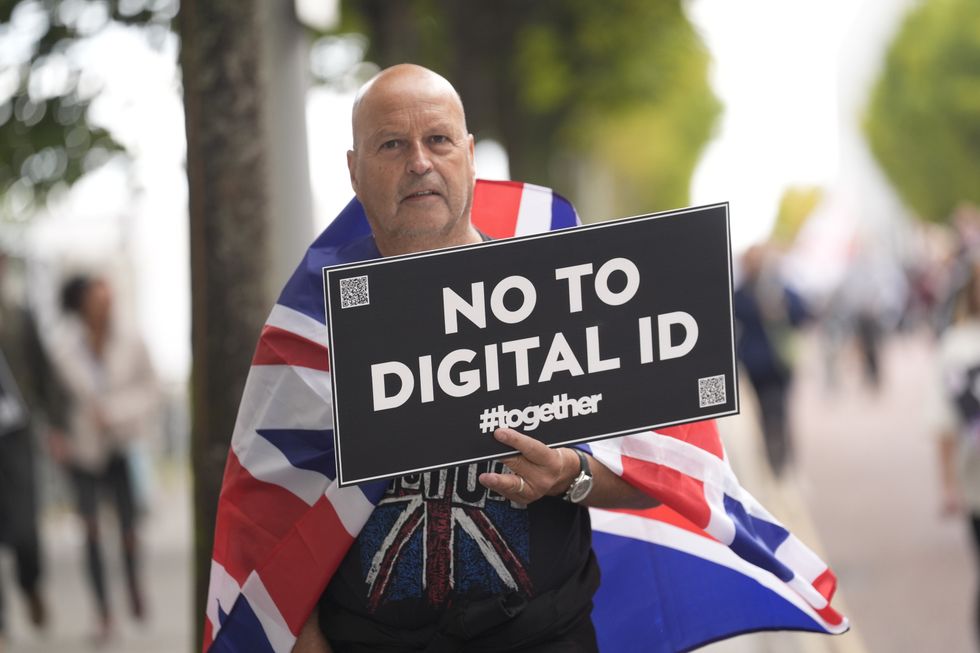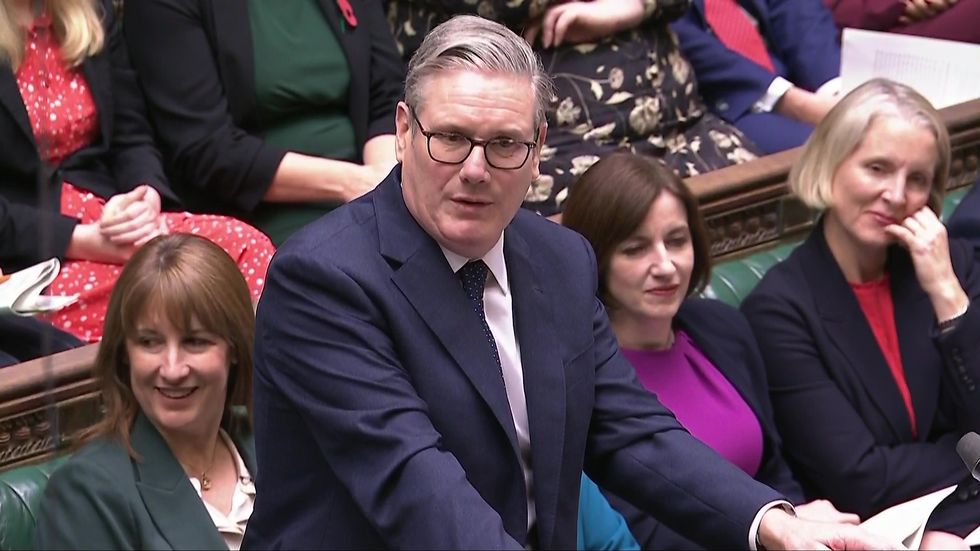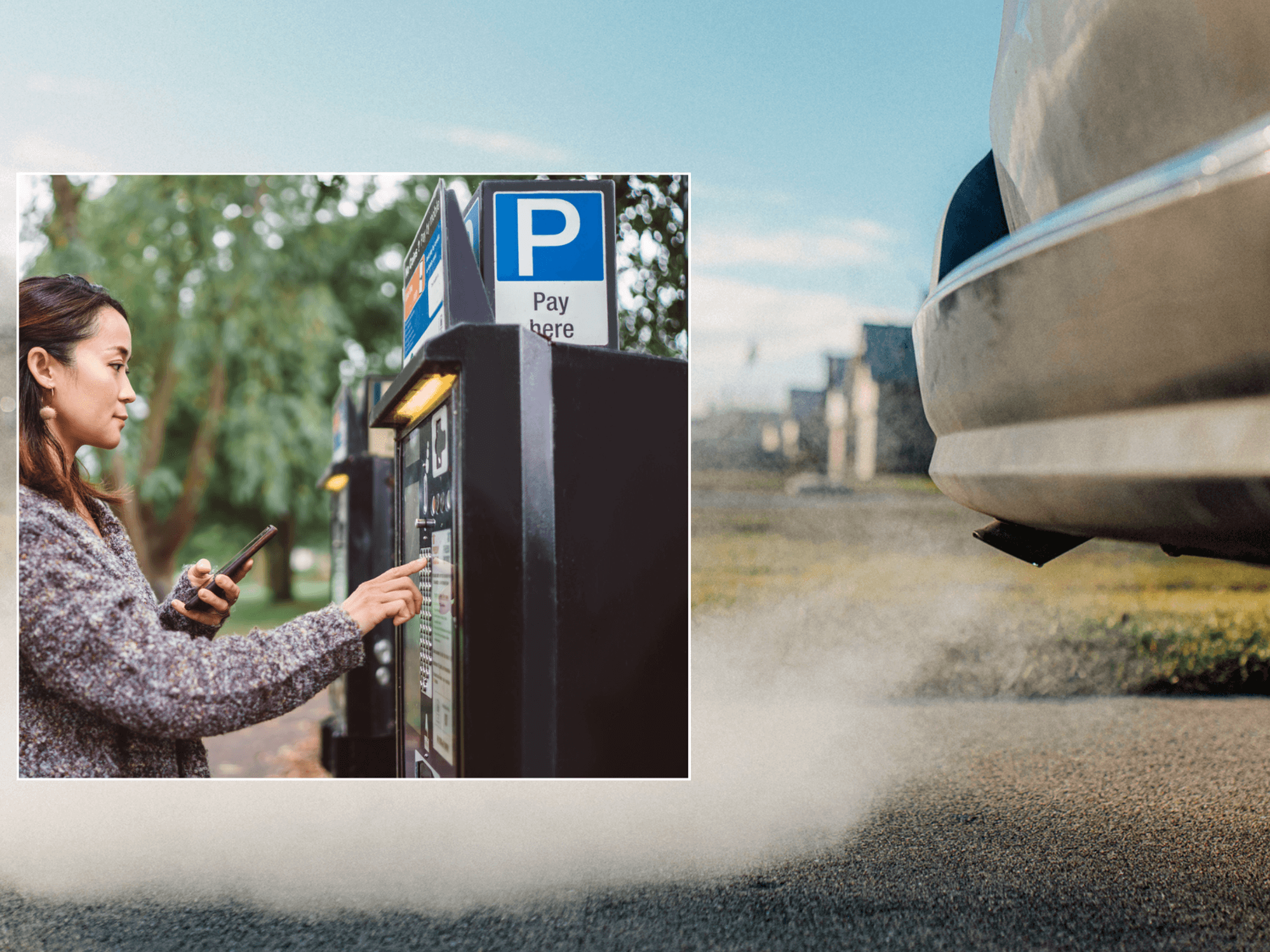Keir Starmer’s digital ID cards will be ineffective and costly, voters say
Voters expressed concern over the cost and practicality of the scheme
Don't Miss
Most Read
Trending on GB News
British voters from across the political spectrum are “overwhelmingly against” Government plans to introduce mandatory digital ID cards, according to new research.
Voters expressed concern over the cost and practicality of the scheme, which was first announced by the Prime Minister in September and is set to come into effect by 2029.
They also said they were worried about personal data being stolen, as well as the project being used to “monitor and control people and their behaviour”.
The research was conducted by pollster Lord Ashcroft and consisted of focus groups with voters from cities such as Sheffield, Bradford and Peterborough.
TRENDING
Stories
Videos
Your Say
The voters included Labour supporters tempted by Reform and other parties on the left, Tories who had switched to Reform and Tories who had voted for Labour in 2024.
Many strongly disputed the Government’s justification for the introduction of digital ID cards, arguing it will do little to clamp down on illegal immigration.
Sir Keir Starmer has promised that the proposals will “make it tougher to work illegally in this country, making our borders more secure".
One voter argued that unscrupulous employers would continue to break the law: “You’re not supposed to be able to work without one of these, but you’re not supposed to work without a National Insurance number.
“So what’s the difference?”

Concerns have grown about Digital ID since the Prime Minister made the announcement
| PAAnother added: “Can you see the guys in the carwash having digital IDs? The people who employ them aren’t going to ask for digital IDs anyway. They don’t care.”
The concept of government overreach and excessive control was raised frequently.
One interviewee compared the plans to Covid passports, which restricted travel abroad and access to some venues for unvaccinated individuals during the pandemic.
“I don’t think the real reason is anything to do with immigration, it’s to do with having more control. They’ll want to know what you’re spending, who you’re spending with, what you’re getting paid.
“It’s like the Covid passport. If you don’t get your jabs, you can’t go anywhere, you can’t do this…”
LATEST DEVELOPMENTS:

Prime Minister Sir Keir Starmer has come under fire regarding his digital ID scheme
| PAMany voters were also anxious about cybersecurity, arguing that the streamlined service would put personal information at risk.
“It just feels like a pool of information to be hacked into. Your driving licence, your passport, your bank record, are all in separate places. This is putting it all in one pot.”
“We had JLR being hacked, and the other day I had a notification that my data had been exposed with Renault. The NHS was done a couple of years back. And now we’re meant to expect the government to protect all of this?”
Another voter questioned how those without a smartphone would access a digital ID card: “Old people don’t have smartphones, they don’t have digital technology. What’s it going to mean for them?”
Downing Street has previously hinted that the plans for mandatory digital ID cards could be expanded beyond proving the right to work in the UK.
A Government press release from September noted that the scheme could, over time, “make it simpler to apply for services like driving licences, childcare and welfare, while streamlining access to tax records”.
Tory leader Kemi Badenoch dismissed the proposal as a “gimmick that will do nothing to stop the boats,” while Reform UK leader Nigel Farage has also expressed his firm opposition.
A Government spokesman said: “We've always been clear that a digital ID will be required for Right to Work checks so that we can tackle illegal working, and any firms who ignore the rules can expect to pay hefty fines. Suggestions that the scheme is being used to track or monitor individuals are demonstrably false.
“We will make sure as many people as possible can use digital IDs, including those who don’t feel confident with technology or have a smartphone, and that nobody feels left behind.”
A public consultation is set to be launched before the end of 2025.
Our Standards: The GB News Editorial Charter
More From GB News











